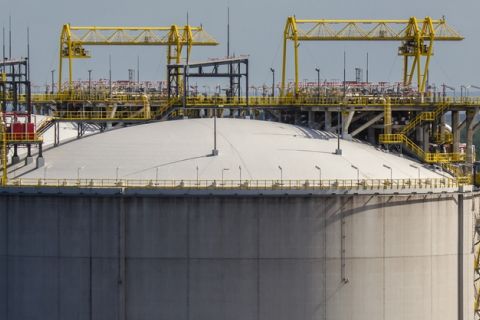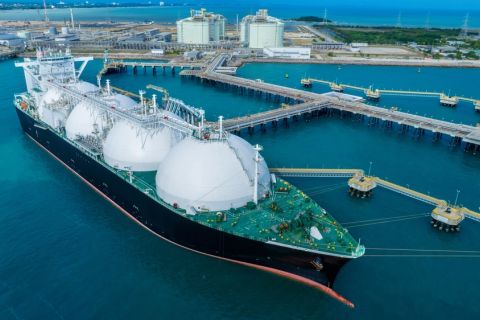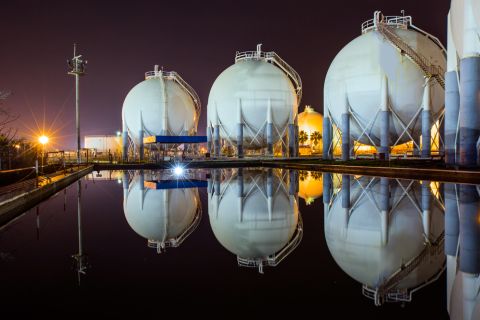Business leaders in Australia generally feel the new government elected in September will focus on boosting the nation’s flagging economy. The parliamentary elections ushered out the liberal Labor Party after six years in power, replaced by a conservative coalition led by the Liberal Party, which despite its name, is regarded as center-right in Australian politics.
Liberal Party leader Tony Abbott will serve as the new prime minister.
The election was a frequent topic at Hart Energy’s DUG Australia conference, held in Brisbane a matter of days before the vote. Energy issues, in particular a carbon tax that sharply raised power costs, were among the issues that stirred voter discontent with the incumbents. Abbott has vowed to repeal the carbon tax next year.
Abbott also has promised to repeal an excess profits tax on coal and iron ore mining companies, which he blamed in part for a downturn in the nation’s raw materials industries. Minerals exports had boomed in recent years. The 30% tax was designed to cash in on burgeoning profits from a mineral boom fueled primarily by Chinese industrial demand.
However, the tax that initially was forecast to earn the government A$3 billion per year collected only A$126 million in its first six months, according to government statistics. Abbott also pledged during the campaign to loosen business regulation.
Coal-seam gas is a major reserve source for Australia’s growing LNG business.
“Business is looking for urgent action to unwind policies that have hurt our competitiveness,” Tony Shepherd, president of the Business Council Association of Australia, told reporters following the election.
Recommended Reading
Report: Biden to Announce Delay on New LNG Export Terminal Approvals
2024-01-25 - Sources say the White House plans to add climate change considerations to LNG export approval process.
US Finalizes Big Reforms to Federal Oil, Gas Drilling
2024-04-12 - Under the new policy, drilling is limited in wildlife and cultural areas and oil and gas companies will pay higher bonding rates to cover the cost of plugging abandoned oil and gas wells, among other higher rates and costs.
GOP’s Reaction to White House LNG Pause Takes Shape
2024-01-31 - The U.S. House Energy, Climate and Grid Security subcommittee set the date for a hearing on the Biden administration’s recent pause on LNG export approvals for Feb. 6; Republican Louisiana Sen. John Kennedy pledges to block Biden nominees.
US EPA Removes Existing Gas Plants From Proposed Carbon Rule
2024-02-29 - The U.S. Environmental Protection Agency will exclude existing natural gas power plants from its proposed carbon regulations that it plans to finalize in April.
Belcher: Our Leaders Should Embrace, Not Vilify, Certified Natural Gas
2024-03-18 - Recognition gained through gas certification verified by third-party auditors has led natural gas producers and midstream companies to voluntarily comply and often exceed compliance with regulatory requirements, including the EPA methane rule.



